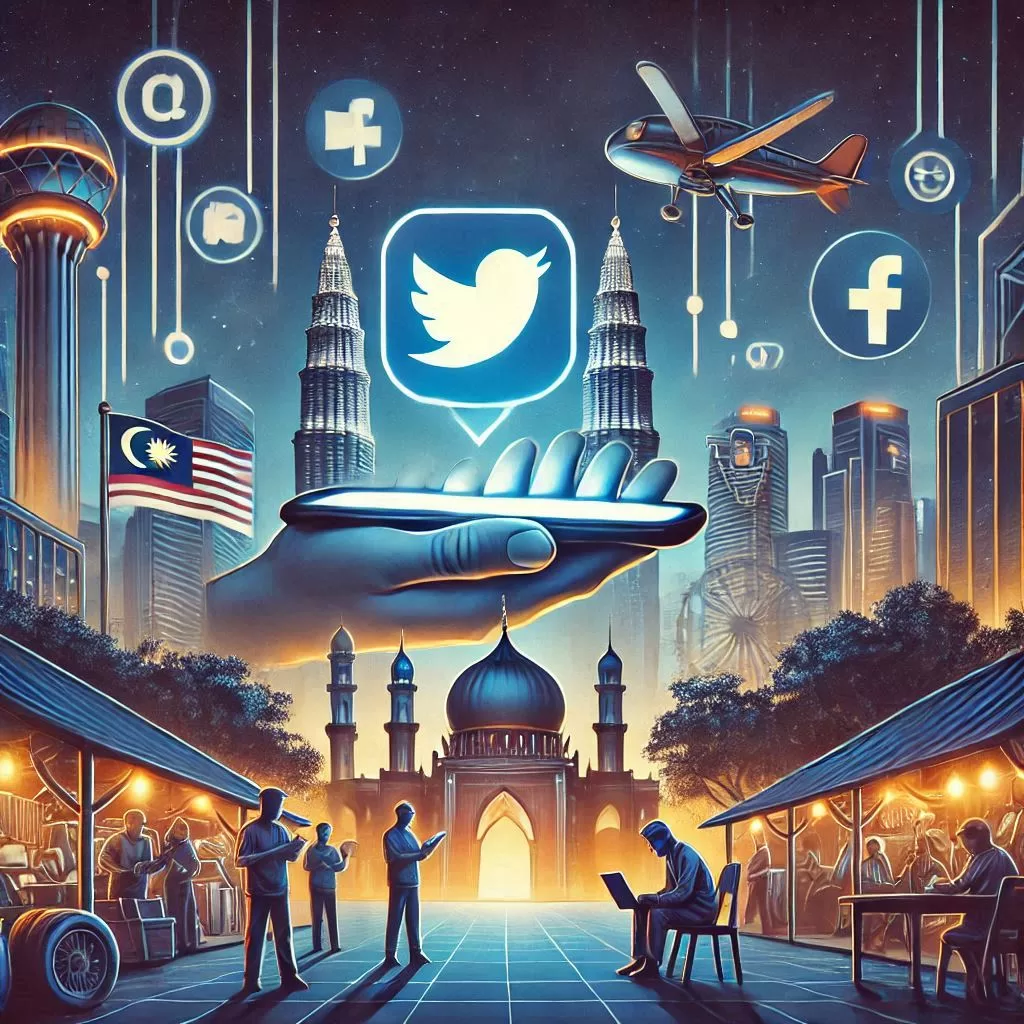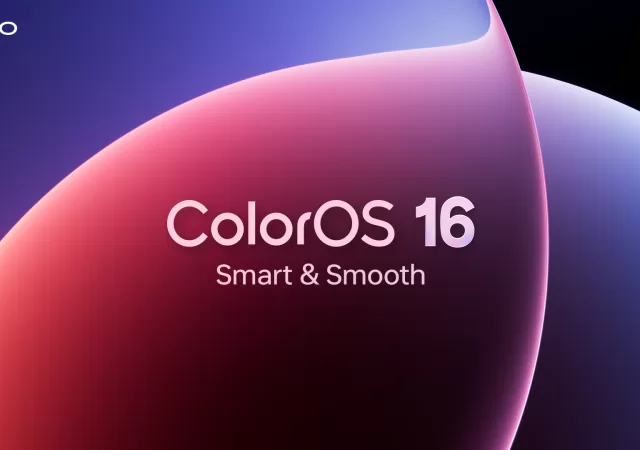If you’re a Malaysian netizen who spends a significant amount of time scrolling through feeds and engaging with online communities, a recent development might have piqued your curiosity – the introduction of social media licensing in the country. Let’s delve into the nitty-gritty of this new regulation, unpack its implications, and see how it might impact your digital life.

Towards Creating Better, More Accountable Internet Interactions
Imagine a vibrant online space brimming with information and connection, but also harboring the potential for negativity. That’s the reality of social media platforms, and Malaysia, like many countries, is grappling with how to maintain a healthy online ecosystem. The Communications and Multimedia Act 1998 (CMA) has been the cornerstone of regulating online activity in Malaysia. However, the rise of powerful social media platforms necessitated an update. Enter the social media licensing regime, introduced in July 2024 and enforced on January 1st, 2025.
The core objective of this licensing system is to promote responsible online behavior and empower authorities to combat issues like fake news, cyber-bullying, and the spread of harmful content. Think of it as a way to ensure these platforms operate within a framework that fosters a safe and positive online environment for everyone.
Who Needs a License?
Not all social media platforms are created equal. The licensing requirement applies specifically to platforms with at least eight million registered users in Malaysia. This threshold ensures regulations target the most influential and widely used platforms, which have a significant impact on shaping online discourse in the country.
The Licensing Process: What We Know So Far
While the Communications and Multimedia Commission (MCMC), the regulatory body responsible for issuing licenses, has outlined the existence of a licensing process, specific details are still emerging. We know that platforms need to apply for an Application Service Provider Class License (ASP(C) License) under the CMA. This license acts as a formal agreement between the platform and the MCMC, outlining the platform’s responsibilities and compliance measures to address online safety concerns.
The Licensing Landscape: Who’s On Board and Who’s Not?
Now, here’s where things get interesting. As of January 2nd, 2025, some major players have already secured their licenses, while others are still in the process or have yet to apply. Here’s a quick rundown:
- Licensed and Ready: TikTok and WeChat have successfully navigated the licensing process and are now operating under the new regulations. This means these platforms have demonstrated their commitment to complying with Malaysian online safety standards.
- In the Process: Meta, the parent company of Facebook and Instagram, has reportedly initiated the process of obtaining a license. This suggests that these platforms are working towards compliance, although the exact timeline for approval remains to be seen.
- Yet to Apply: Major platforms owners like Google (YouTube) and X (formerly Twitter) have not yet secured licenses. This raises some questions about their future operations in Malaysia. It’s important to note that this doesn’t necessarily mean these platforms are intentionally defying regulations; they might be in the process of gathering the necessary information or working through the application process.
The Stakes of Non-Compliance: What Happens Without a License?
The Malaysian government has been clear – operating a social media platform without a license is an offense punishable under the CMA. Penalties include hefty fines and even imprisonment for non-compliant platforms. Additionally, unlicensed platforms could face potential bans or restrictions on their operations within Malaysia.
The Unanswered Questions: A Work in Progress
As with any new regulation, there are questions that remain. One key uncertainty is the timeline for processing license applications. The fact that major platforms like Google and X haven’t yet secured licenses raises questions about potential delays and the impact it might have on users.

Another point of discussion is the specific content moderation policies that will be implemented by these licensed platforms. The MCMC has emphasized the need for platforms to establish clear guidelines to address hate speech, misinformation, and other harmful content, but the exact nature of these guidelines remains to be seen.
What This Means for You: The Road Ahead
The social media licensing regime in Malaysia represents a significant shift in the way online platforms operate in the country. The focus on online safety and responsible content creation is certainly a positive step. However, it’s important to remain vigilant and engaged in the ongoing discussion. As the licensing process unfolds and specific policies are implemented, users like yourselves will need to stay informed about how it might affect your online experience.
Stay tuned for further updates as the landscape of social media regulation in Malaysia continues to evolve. In the meantime, continue to utilize social media platforms responsibly and contribute to a positive online discourse. After all, a healthy online environment is a win-win for everyone!





